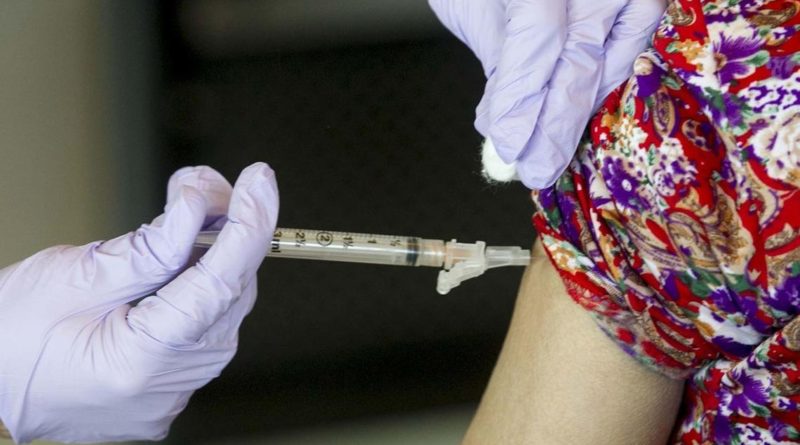COVID-19 raises urgency for getting your flu shot
The relationship between the flu and COVID-19 is complex.
One one hand, the coronavirus has us taking extraordinary precautions to limit mingling and breathing on each other, and that should reduce the spread of the flu. On the other hand, the flu threatens to reduce the utilization of flu shots.
Flu shots are underutilized as it is, with just 45% of adults and 63% of children receiving them in 2018-2019. That figure rose to 68% for adults over 65. Health officials hope the public’s concern over an approaching “twindemic” of the flu and COVID-19 will increase participation this year.
“The reason we’re recommending flu vaccine even more this year,” says Dr. Priya Sampathkumar, infectious disease specialist at Mayo Clinic, “is because the symptoms of flu and COVID can very similar. You start out with a fever, body aches, stuffy nose, sometimes a sore throat.” That makes it hard to keep people vigilant about the pandemic.
The flu did not spread as vigorously late last winter, and some believe that is because of lockdowns, masking and travel restrictions. But COVID-19 cut into the use of vaccines and threatens to do the same for flu shots. Vaccine makers have planned to supply 198 million doses of the vaccine this year, a trial run for an eventual COVID-19 vaccine.
“Since COVID-19 began, a lot of in-person visits with health care providers have been cancelled,” Sampathkumar says. “Many children and adults are behind on their vaccines,” she says, pointing to Minnesota Department of Health data showing that vaccination rates have fallen by 30-40% since the COVID-19 outbreak.
Sampathkumar says that not only were well-child visits were cancelled during the lockdown, “even when hospitals and visits have opened up, people are still leery of taking children in.” This has infectious disease specialists pushing for flu and other shots while the rest of the country awaits a COVID-19 shot.
“It’s important as people are getting back to their routines, that they schedule visits to get their vaccines updated.”
As for COVID-19’s effect on the flu, you’d think it was a given that masks prevent the spread of flu from a sick person to someone who is uninfected. But it turns out human behavior can undo that benefit.
When masks were last used to prevent a flu, in 1918, research shows that people wore them, but did not maintain a social distance. Studies also found that Americans back then wore masks outside, but took them off once they got indoors to socialize.
Both of these would have short-circuited the effectiveness of masks against the flu.
Little has changed about human nature in the 102 years that have passed, unfortunately. Today, it is common for people to adhere to masking for the silent passing of strangers at the mall, only to succumb to social pressure to go maskless for far more dangerous gatherings, like informal get-togethers with friends, extended visits sharing droplet-spraying actions like laughter, songs and loud stories.
Sampathkumar stresses that the flu vaccine itself will not protect against COVID-19, “that needs to be very clear. The flu vaccine is a completely different virus.” All that being said, “If you get the flu shot, you’re less likely to get the flu, and therefore less likely to worry about having COVID when you have these symptoms.
“Generally, getting vaccinated will mean your less likely to get certain infections so you will be healthier and that by itself may be enough to reduce the risk of COVID.”





